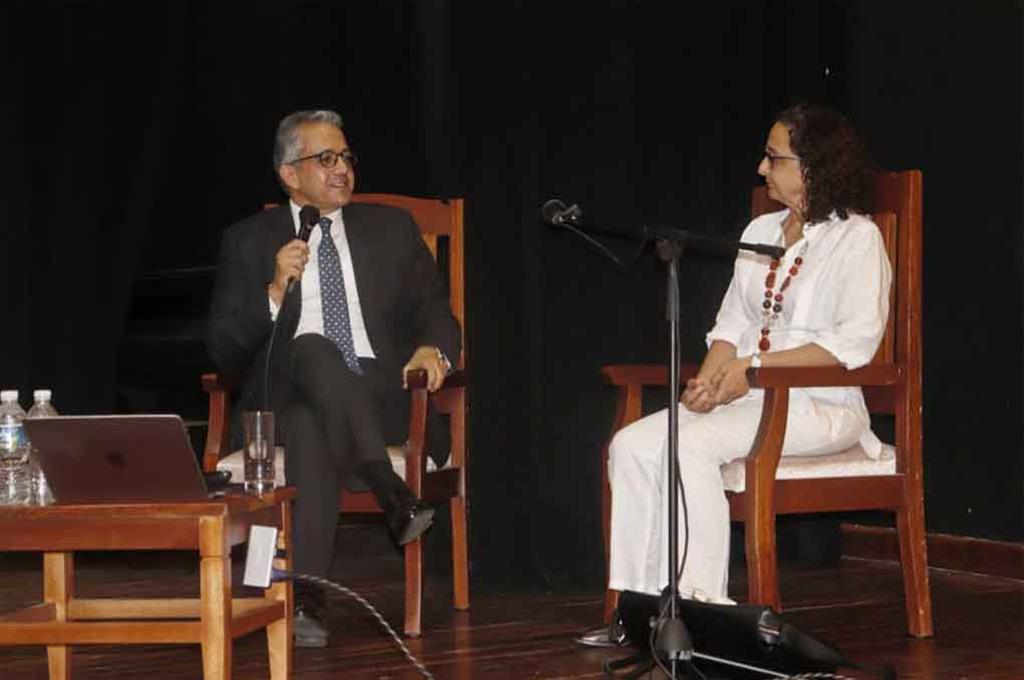The proposal of the new head of the United Nations Educational, Scientific and Cultural Organization (UNESCO) for the period 2025-2029 focuses on listening, learning from territories and building solutions, reaffirming multilateralism as an essential tool for peace and sustainable development.
In an exclusive interview with Prensa Latina last June, the Egyptian academic described the global context characterized by a period of tensions, fragmentation and mistrust, which makes it more urgent than ever to preserve spaces for talks, cooperation and mutual understanding.
In this context, he considered that the mission is to promote peace through education, science, culture and information, from a participatory approach.
“UNESCO should be an organization for the people, built from local realities, listening to its member states and civil society, rather than imposing pre-defined agendas,” he said.
The organization contributes to peace, not through security mechanisms, but by addressing the roots of conflict: ignorance, exclusion and loss of historical memory, he pointed out, while considering that UNESCO, “is one of the last spaces where countries can still hold talks”.
Egypt’s former Minister of Tourism and Antiquities said that Cuba embodies the organization’s founding values: international solidarity (as with its medical brigades during the pandemic), cultural openness, and commitment to education and science.
He also appreciated the role of the Caribbean country “a long-standing member state that provides a distinctive voice, rich in culture, biodiversity and experience in the fight against climate change”.
The island nation is at the forefront of climate impact and therefore offers concrete and scalable solutions, such as the Task Life Government Plan, which UNESCO must support, learn from it and replicate.


